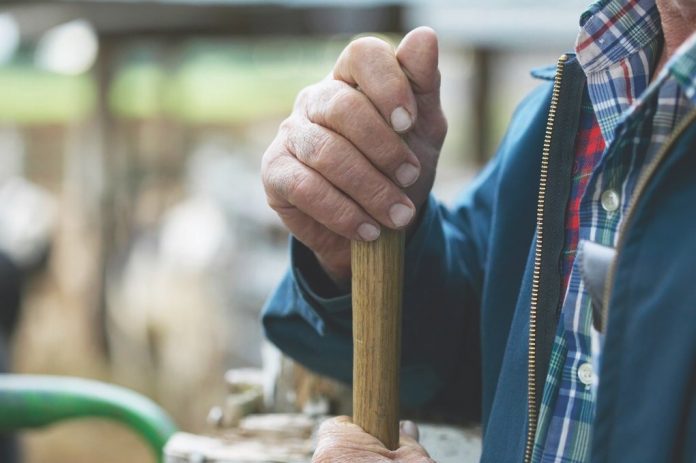By Taylor Dill
The 2022 planting season has been anything but easy, from the entire country being behind on planting, and locally having the majority of Ohio be too wet to plant and replanting after pounding rains, to sky-high prices. Here, in western Ohio specifically, we are reeling from a farm family tragedy and many deaths in the community.
Life is not easy, and neither is farming. But we as a farm community are wonderful at coming together and supporting one another in times of great need.
When tragedy strikes locally, it can be tough to know how to cope with the event yourself or how to be a support for family members and the community at large. I wanted to provide some coping mechanisms if you are going through something similar in your community.
Emotions
During a traumatic event, we can experience a range of different emotions — shock, sorrow, numbness, fear, anger, disillusionment and grief. These feelings can have a major effect on our bodies as well causing sleep problems, concentration issues, irregular eating and difficulty doing normal daily tasks.
Some may also have a greater sense that the world is a dangerous place, causing anxiety. These feelings can be difficult to cope with, but it is most important to remember that you are not alone and have a community that is there for you.
Tools
There are some tools that can be used to cope with difficult events. Acknowledge your feelings. A wide range of emotions after an event or during stressful periods is expected.
Talk to a trusted person
Speaking to a trusted friend or your spouse can provide you with comfort and to reaffirm and validate that it is okay to feel the emotions you are having. Practice thankfulness. Though the time we are going through is hard and our raw emotions are valid and understandable, a good coping mechanism is to remember the good things and people that are in your life and events in your life that are important to you. Take a break from the news and social media. While we want to stay informed, high exposure can cause more distress and be overwhelming.
Self-care
During this time, it is difficult to put importance on taking care of yourself and your body, but caring for your body can help in improving mood and mental health. Eat nutritious meals, or remember to eat in general. Get a proper amount of sleep. Move your body, being physically active. Avoid using alcohol or drugs to cope. Try relaxation exercises like meditation or deep breathing.
A top stress reliever is also prayer, for people of faith. Keep your normal routine as frequently as possible. Taking care of others can be helpful for our own well-being, as well. Find ways to support the community or your family. Be a listening ear, cooking a meal or sending a card.
Patience
Remember that grieving is a long process and can be years long. Have patience for yourself and others going through the process. Farming is a stressful occupation with many rewards, but it is one of the most dangerous occupations when it comes to work accidents and suicide.
I wanted to encourage you that we are part of a strong community that comes together to take care of each other, so do not be afraid to reach out to a friend, family, pastor, counselor or another mental health professional.
If you or someone you know is struggling and may be in crisis, please reach out for support, do not hesitate to call the National Suicide Prevention Lifeline at 800-273-8255. OSU Extension has resources at go.osu.edu/farmstress.
(Taylor Dill is an agriculture and natural resources educator with OSU Extension Darke County who can be reached at dill.138@osu.edu or 937-548-5215.)













